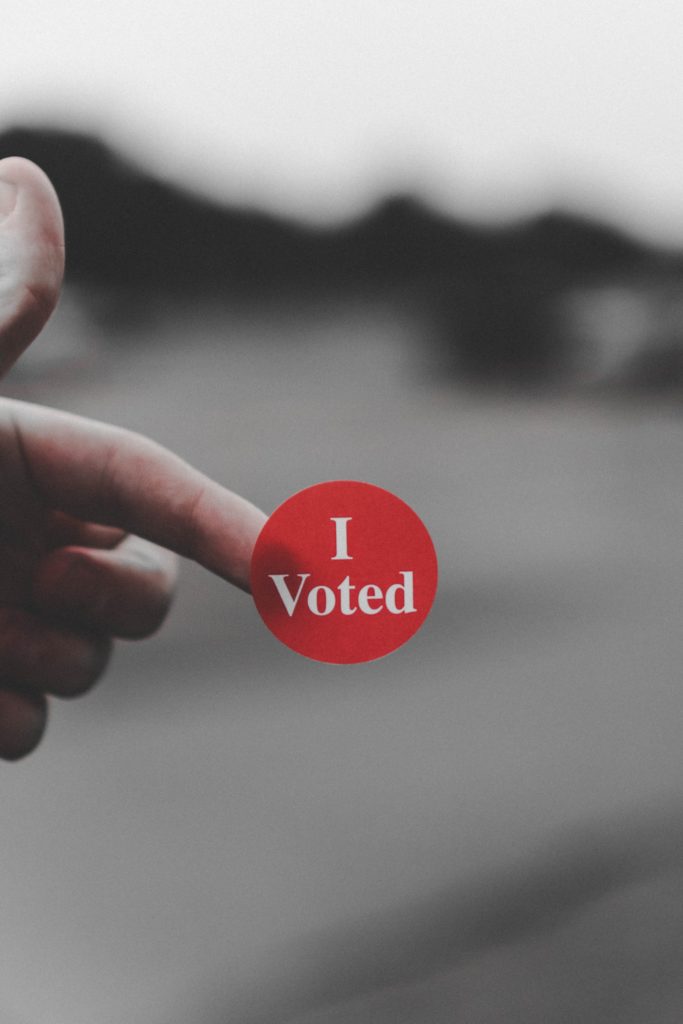
Published August 23, 2022
Everybody knows that a president’s job approval affects how his party does in congressional elections. But a close examination of midterm exit polls since 2006 shows this link is both stronger and more complicated than most analysts think.
Presidential job approval is often conceived in binary terms: Voters either like or don’t like how the current occupant is doing the job. Exit poll data from recent midterm elections, however, show that the degree of support or opposition matters a lot too.
Voters who weakly support or weakly oppose a president vote much differently in congressional elections than strong foes or fans do. Voters with strong views about a president are nearly certain — between 90 and 96 percent, depending on the year — to cast a ballot in House races in line with their view of the president.
Please continue reading on the Washington Post’s website.
Henry Olsen, a senior fellow at the Ethics and Public Policy Center, studies and provides commentary on American politics. His work focuses on how America’s political order is being upended by populist challenges, from the left and the right. He also studies populism’s impact in other democracies in the developed world.
Photo by Parker Johnson on Unsplash
Henry Olsen, a senior fellow at the Ethics and Public Policy Center, studies and provides commentary on American politics. His work focuses on how America’s political order is being upended by populist challenges, from the left and the right. He also studies populism’s impact in other democracies in the developed world.




